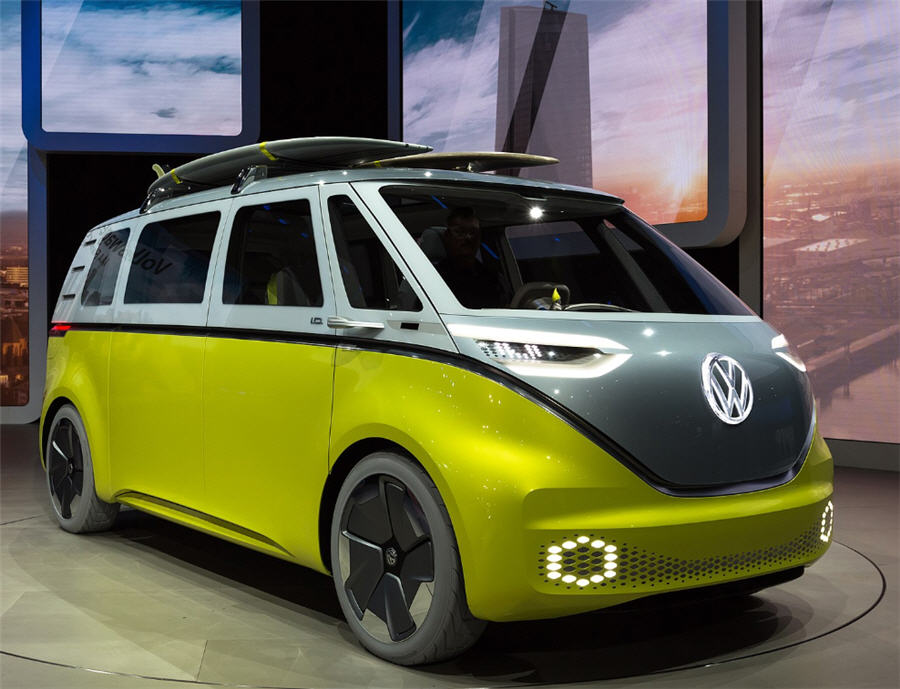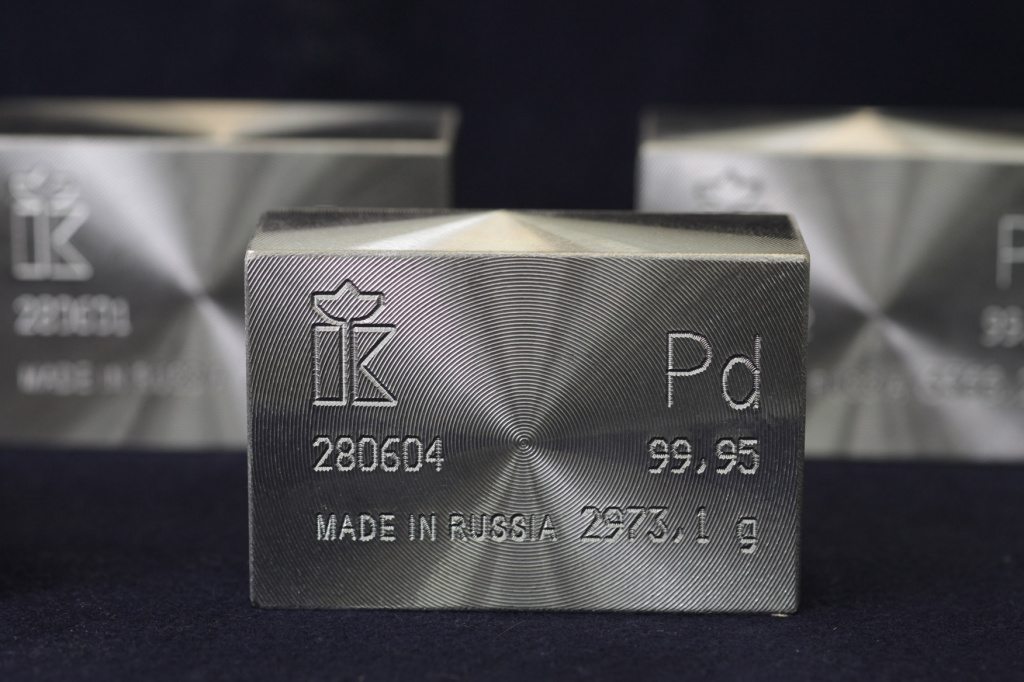VW warns soaring EU energy costs render battery plants unviable

Investment in German and EU industrial projects such as battery-cell factories will be unfeasible if the region’s policy makers fail to control ballooning energy prices in the long-term, the head of Volkswagen AG’s namesake brand said.
“Unless we manage to reduce energy prices in Germany and Europe quickly and reliably, investments in energy-intensive production or new battery cell factories in Germany and the EU will be practically unviable,” VW Brand Chief Executive Officer Thomas Schaefer wrote Monday on LinkedIn. “The value creation in this area will take place elsewhere.”
An outline for industrial-policy cooperation hatched by the French and German economy ministers last week “falls short in crucial areas and does not address the envisaged priorities,” Schaefer said.
Europe’s energy crisis is compounding pressure on how to respond to the US’s Inflation Reduction Act, President Joe Biden’s climate and tax law that aims to boost domestic production of electric cars and reduce reliance on China for battery components and materials. European Union officials have said the subsidy program violates World Trade Organization rules and discriminates against non-US companies.
The EU’s programs don’t focus enough on “the short-term ramp-up, scaling and industrialisation of production,” Schaefer said, critizising what he called “outdated and bureaucratic state-aid rules.”
Volkswagen plans to have six battery factories in full operation across Europe by 2030 under its battery company PowerCo, which broke ground on its lead plant in Germany in July of this year and signed a €3 billion ($3.1 billion) joint venture with Umicore in September for cathode material production.
(By Monica Raymunt)
{{ commodity.name }}
{{ post.title }}
{{ post.date }}




Comments